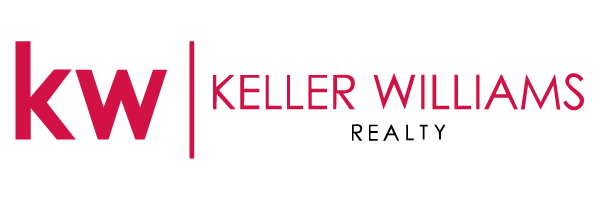
In 2019, Fast Company named Keller Williams the No. 1 "Most Innovative Company" in real estate. In 2015, the company began its evolution into a technology company, now building the real estate platform that agents' buyers and sellers prefer.
Since 1983, the company has cultivated an agent-centric, technology-driven and education-based culture that rewards agents as stakeholders.
Business Challenge
SoftServe’s partner, Google Cloud, needed to articulate clear and compelling success criteria to justify a cloud migration for Keller Williams. Keller Williams’ head of product and head of development were hesitant about leaving their AWS cloud platform they had built around for years to move to a GCP platform where their developers and engineers were less familiar.
Keller Williams sought guidance around the added complexity of existing applications, the risk of extensive re-factoring, and a looming foray into the direct-to-consumer market.
Project Description
Keller Williams has been a Google Cloud customer, but only on G-Suite for their 175,000+ agents. After early discussions, SoftServe understood that Google Cloud needed support in proving that a move to GCP would be transformative for Keller Williams’ business. SoftServe was tasked to determine an approach that would allow the Keller Williams’ product and development leaders to envision their future on GCP.
A six week engagement was conducted comprising:
A one week onsite agenda preparation and one week on-site series of stakeholder interviews, reviews, and choosing a PoC option and its scope definition.
Workshop goals included finding and scoping specific use cases whereby Keller Williams could see the following benefits:
- Cost savings through leveraging GCP infrastructure and services
- Strategic vision and feasibility scope for moving all production payload to GCP
- A decrease in operations overhead; leveraging managed services where possible
- Improving CI/CD approach, manageability, and flexibility by leveraging GCP-based DevOps practices and toolsets
- Understanding how to use the most convenient up to date business analytics technologies by leveraging advanced GCP analytics services
And finally, a four week offsite GCP cloud adoption vision development, PoC development and setup, as well as a PoC outcome and executive review.
Specific goals of the PoC included:
Demonstrating Automation
- Show “frictionless” environment creation enforcing consistent standards across development, staging, and production
- Define a CI/CD DevOps pipeline
Proving Stability
- Eliminate stability concerns using GCP managed services
Proving Scalability
- Easily support 25,000 users without concern
- Provide strategy for infrastructure ready to scale to millions of users without concern
- Plan the ability to dynamically scale the environment capacity and burst when required
Providing Transparency
- Knowing where various releases are in the process – project status
- Dependency identification
- Service monitoring - availability and status – issue identification
Value Delivered
SoftServe showed Keller Williams that a migration to GCP was not just about features or infrastructure to support applications, but rather about supporting Keller Williams’ new digital culture and spirit of innovation.
Additionally, SoftServe’s workshops and engagement with Keller Williams identified the following IT issues:
- Iterative labs processes moved faster than IT could support
- DevOps processes were too manual
- No transparency around what features, and services were available
SoftServe ultimately demonstrated that GCP is the optimal platform to support Keller Williams’ innovative business with a well-documented, standards-based environment and best practice procedures.

